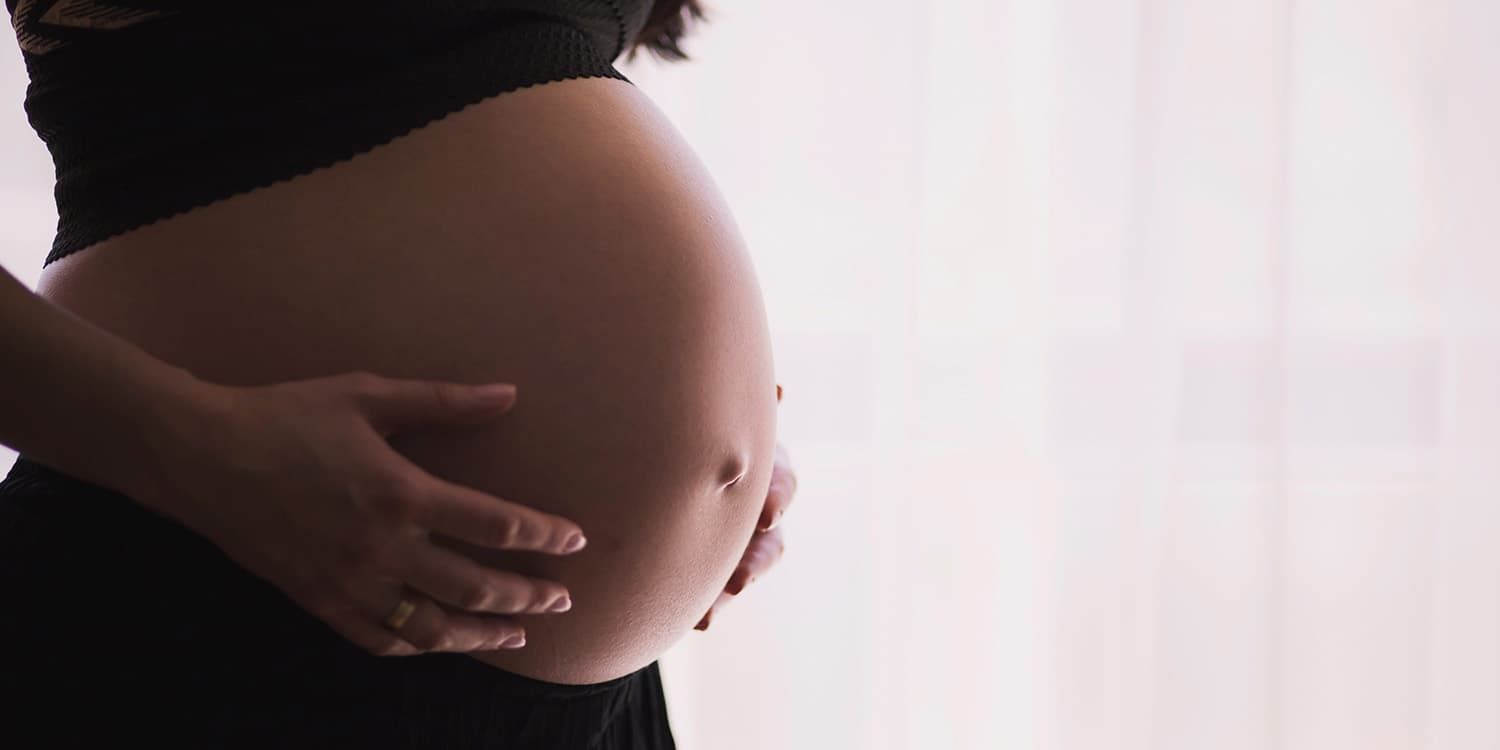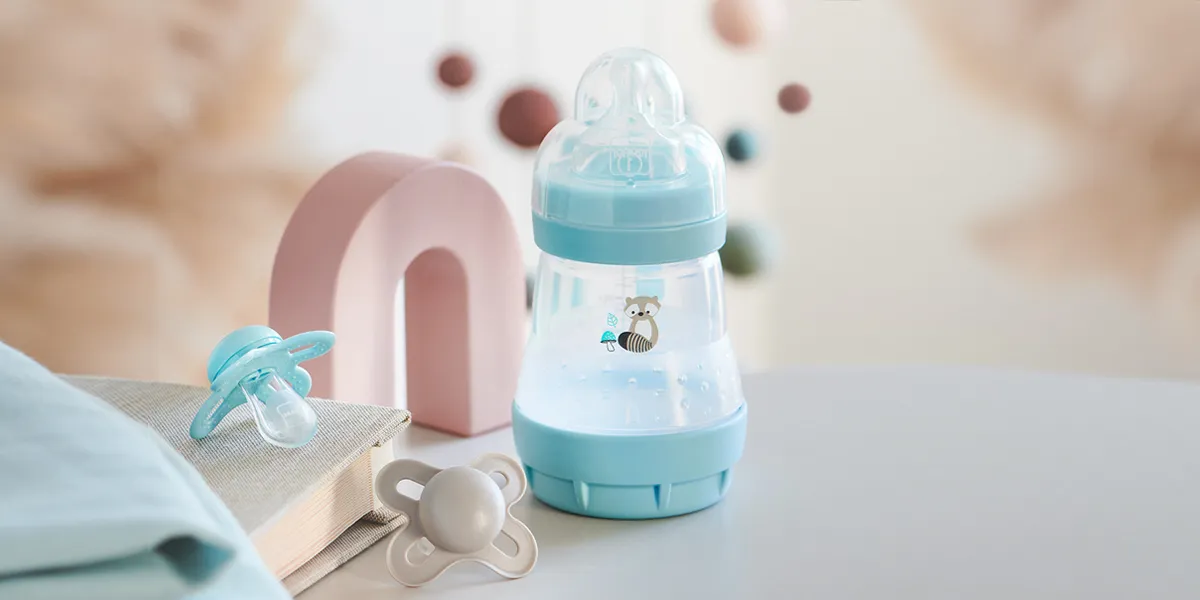Eating for two during pregnancy? As far as certain nutrients are concerned, some of the requirements during pregnancy really are much higher – but calorie requirements do not increase to the same extent. In this interview, MAM expert Marlein Stasche, an experienced nutritionist, tells us which foods are important to eat during pregnancy, what you should avoid and how much weight you should gain.
Which foods and nutrients are particularly good and important during pregnancy?
- Choose wholegrain bread, basic muesli, wholegrain rice and wholegrain pasta instead of white flour products
- Use olive, rape and linseed oil
- Eat an increased amount of sea fish from waters with low levels of pollutants, even if you are taking iodine substitutes
Does the nutrient requirement remain the same throughout pregnancy?
Which foods and stimulants should be avoided during pregnancy?
- Wash your hands (before cooking and before eating)
- Wash fruit and vegetables thoroughly
- Don’t eat any dishes with raw or incompletely cooked eggs, meat and fish
- Stay away from raw milk or dairy products and cheese made from unpasteurized milk
Can you drink coffee during pregnancy?
How much weight should I gain during pregnancy?
What helps with morning sickness?

Will my eating habits influence my baby?
It is believed that mothers can influence the taste preferences of their baby even in the womb through their eating habits. Babies develop their sense of taste from around the 6th month of pregnancy. This is when they begin to perceive the different flavors of the food the mother has eaten. If the mother eats a balanced and varied diet, the baby will benefit later. It will be more open to new and varied foods.
The mistaken belief is still prevalent that if the mother eats a low allergen diet during pregnancy, she will protect her child from allergies. That is simply wrong. Restrictions and/or doing without certain foods are not sensible and also carry the risk of an inadequate supply of nutrients. Naturally, a pregnant woman should avoid any foods to which she herself is allergic during pregnancy.
A pregnant woman’s diet should include everything that she can tolerate. It is advisable to eat sea fish, especially salmon and herring, because the long-chain omega-3 fatty acids they contain provide protection during pregnancy against the development of allergies in the child.
Will an iron deficiency have negative consequences for my baby?
During pregnancy, the iron requirement doubles to 30 mg per day. Approximately 50 percent of pregnant women develop an iron deficiency. The unborn child can cover its iron requirements for a certain time at the expense of the mother’s iron reserves. However, it is better to remedy the iron deficiency with a dietary supplement.
Iron deficiency can lead to low birth weight, disrupt brain maturation and increase the risk of premature births.
These foods contain a high level of iron:
- Meat
- Fish
- Green vegetables
- Wholegrain products
- Nuts
- Beetroot
Can the baby’s development be improved by certain foods?
Pregnant women do not need to eat a special diet. They can meet their additional requirements for numerous nutrients with a balanced diet, as recommended for the general population. Exceptions are the critical nutrients folic acid and iodine. If you are unsure, it is best to talk to your doctor about suitable dietary supplements.
Vegetables, fruit, wholegrain products, milk and dairy products, low-fat meat and high-fat sea fish should be eaten regularly. Calorie-free or low-calorie drinks are also recommended. A vegetarian diet with milk, dairy products and eggs (ovo-lacto-vegetarian) can cover the need for most nutrients even during pregnancy, provided you have a broad knowledge of the critical nutrients.
In the case of a vegan diet, it is essential that you take a vitamin B12 substitute. Sometimes, it is also advisable to take a dietary supplement in addition to iodine and folic acid. A blood test can provide information about which specific nutrients are missing. After that, you and your doctor can decide whether and to what extent a supplement is necessary.
Photos: Shutterstock, Unsplash






























